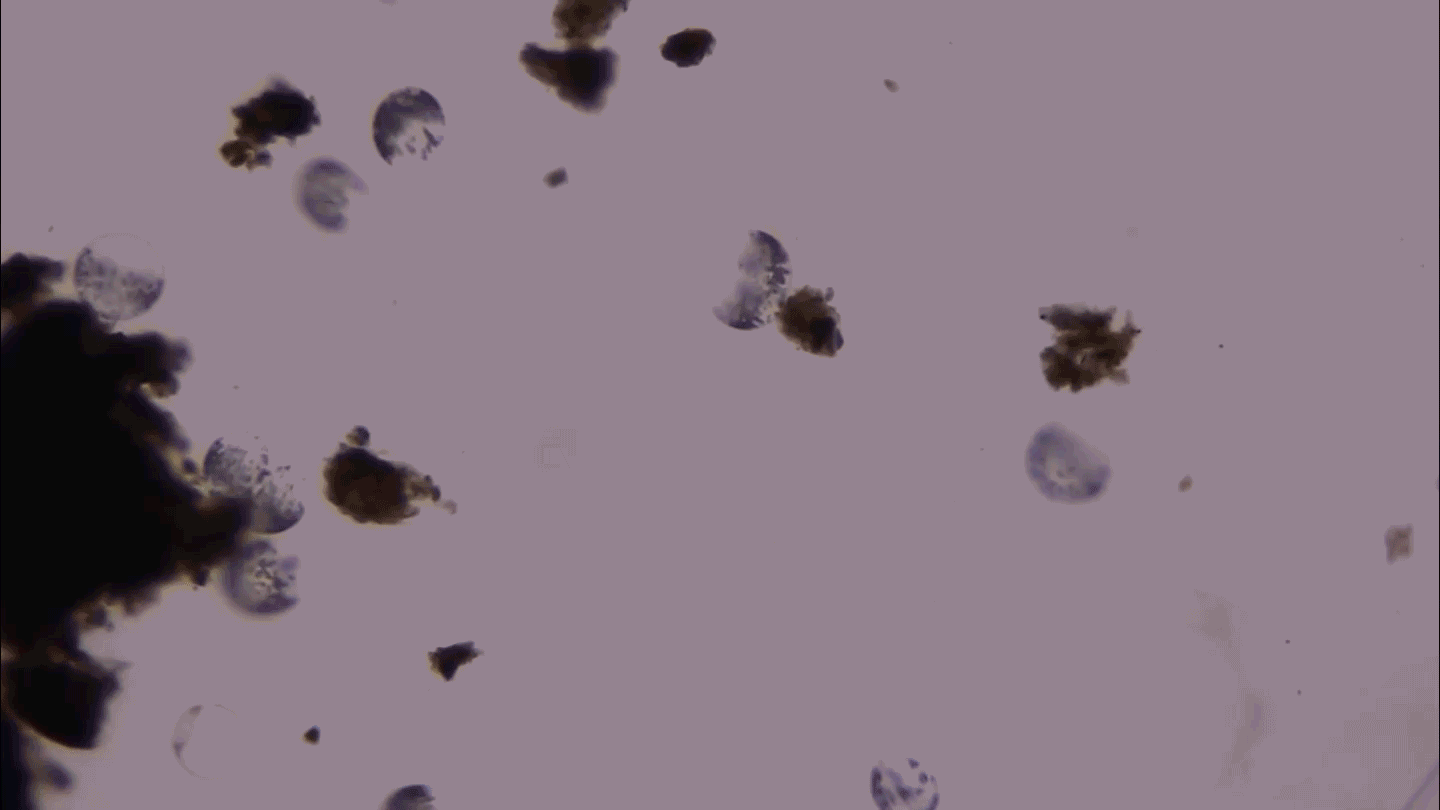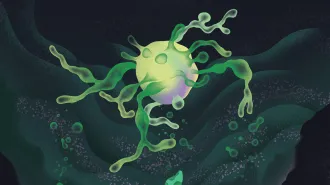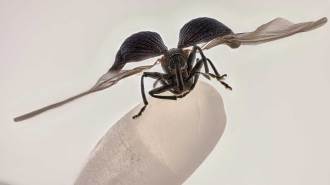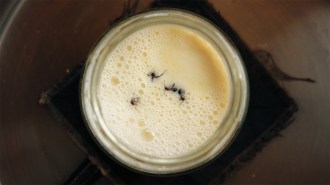This plastic-gobbling enzyme just got an upgrade
Scientists’ tweak led to more breakdown of plastics found in polyester and plastic bottles
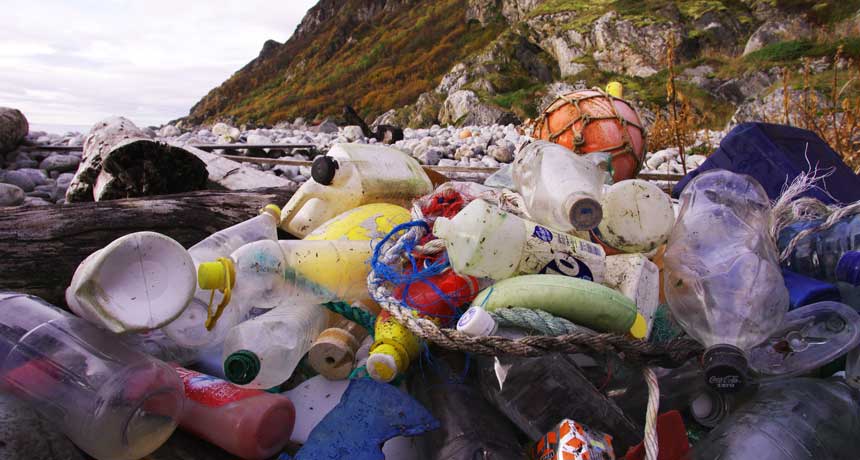
TRASH STASH Scientists have modified a bacterial enzyme to make it even better at breaking down PET, a plastic widely used in disposable water bottles.
Bo Eide/Flickr



